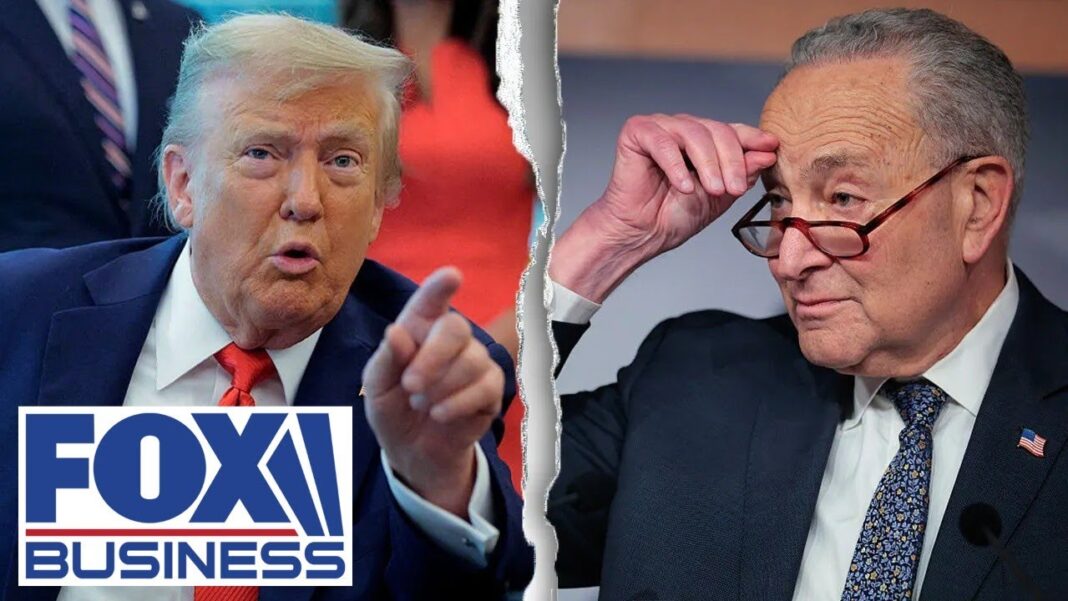‘These steps are to reinforce what we see is working and prioritize our resources against them,’ says CEO Brian Niccol.
Starbucks will eliminate approximately 900 jobs and close underperforming stores in North America as part of corporate restructuring efforts, the company announced on Sept. 25.
Since taking over in 2024, CEO Brian Niccol has been overhauling operations to revitalize the brand, including a “Back to Starbucks” strategy, expanding a health-conscious menu, and redesigning more than 1,000 North American locations.
The latest measure will shutter about 1 percent of its company-operated coffeehouses in North America. The company plans to end the fiscal year with more than 18,000 total Starbucks locations across the United States and Canada.
“During the review, we identified coffeehouses where we’re unable to create the physical environment our customers and partners expect, or where we don’t see a path to financial performance, and these locations will be closed,” Niccol said in a statement.
Coffeehouses scheduled to close will be contacted this week.
Starbucks will also reduce non-retail headcount and expenses by terminating 900 positions. Affected individuals will be contacted on Sept. 26 and offered generous severance and support packages, including extended benefits.
“These steps are to reinforce what we see is working and prioritize our resources against them,” Niccol said.
Shares of Starbucks had little reaction before the opening bell, with the stock up about 0.1 percent. This year, the stock has slumped almost 8 percent.
So far, Niccol’s revitalization effort has yielded mixed results. Same-store sales have declined for six consecutive quarters, including U.S. transactions falling by 4 percent in the third quarter of the fiscal year. Revenues increased by 4 percent year over year to $9.5 billion, but operating margins declined by more than 10 percent amid higher inflation and labor costs.
The company has also come under pressure due to surging coffee prices.
This past summer, President Donald Trump imposed tariffs on Brazil, triggering a spike in bean prices. Brazil accounts for approximately 33 percent of coffee exports to the United States. As a result, industry leaders and U.S. lawmakers are seeking a tariff exemption for the agricultural commodity.
Earlier this week, Republican and Democratic lawmakers introduced the No Coffee Tax Act, a bill that effectively removes higher import duties on coffee.
By Andrew Moran







